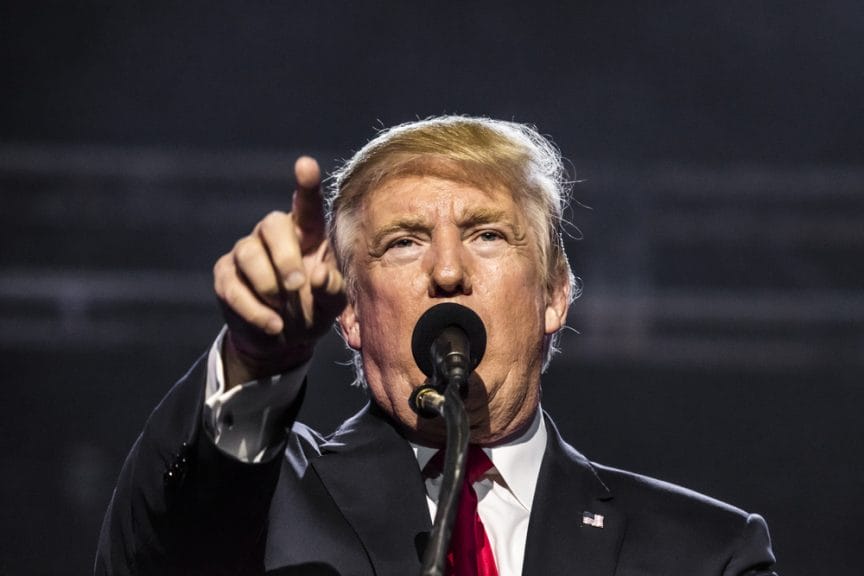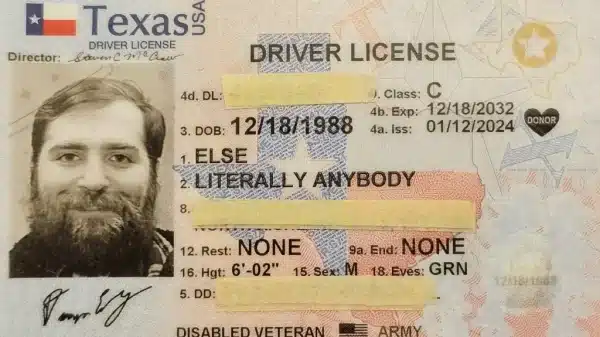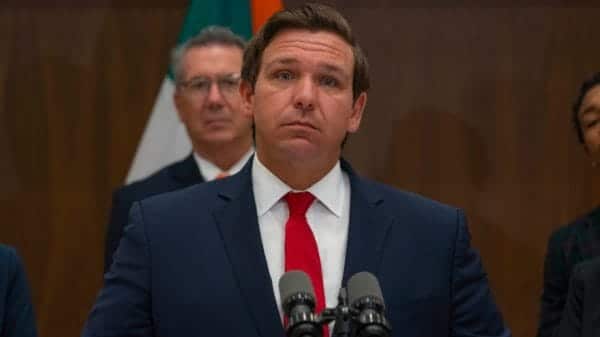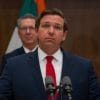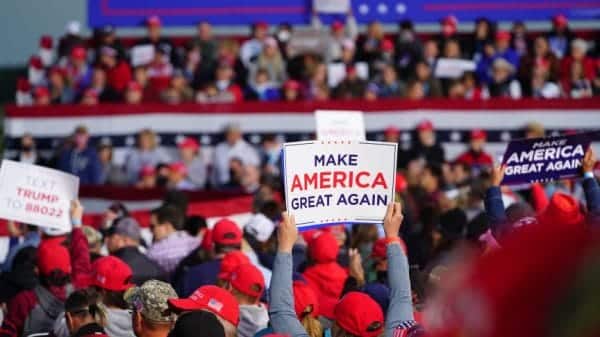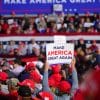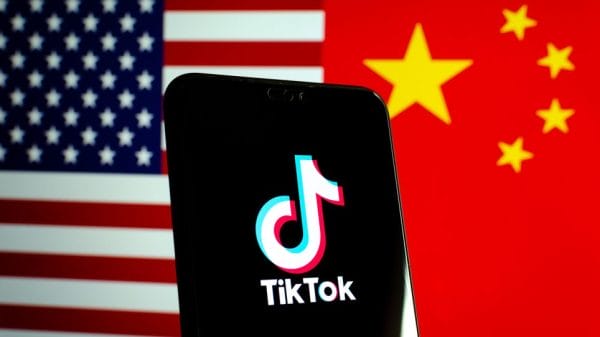A federal judge, Tanya Chutkan, has reinstated a gag order on former President Trump. He prevented him from publicly criticizing prosecutors, potential witnesses, or court staff.
This happened in the federal case related to attempts to interfere in the 2020 election. After lifting a temporary restriction on speaking, we made this choice. However, it has led to debates regarding Trump’s freedom of speech and the ongoing legal battles.
The Gag Order’s History
They implemented the order to remain silent on October 16. Its purpose was to prevent Trump from making statements that could impact the trial. The argument over whether the gag order is legal has caused tension between Trump’s lawyers and the Justice Department.
Chutkan’s Decision
On Sunday, Judge Chutkan posted her Decision on the public court docket, reinstating the gag order. Regrettably, the rationale for her choice was not instantly accessible due to a reported “malfunction” in the computer system. They did not disclose the specific contours of the reinstated gag order.
The Argument for Trump’s First Amendment Rights
Trump’s legal team has vigorously argued that the gag order violates Trump’s First Amendment rights. They argue that it limits his freedom of speech, especially as he prepares for a possible run for president. This argument has raised important constitutional questions about the balance between free speech and the fair administration of justice.
Prosecutors’ Concerns
Prosecutors showed evidence that Trump had targeted witnesses on social media, justifying the reinstated gag order. Prosecutors said Trump tried to influence and intimidate a witness in a court filing on October 25. They argued that the gag order was necessary to prevent harmful and prejudicial conduct.
Trump’s Response
Trump blamed the Biden administration for the gag order on his Truth Social platform, calling it unconstitutional. He penned, “The Dishonest Biden Administration just stripped me of my First Amendment Right to Freedom of Expression. UNCONSTITUTIONAL! MAKE AMERICA GREAT AGAIN…” Trump’s vocal Response adds a political dimension to an already contentious legal battle.
A History of Gag Orders
It’s worth noting that this is not the first time Trump has faced a gag order. He received a $10,000 fine in a separate civil fraud trial in New York for violating a gag order imposed by the judge. This recurring issue highlights the ongoing challenge of balancing a defendant’s right to freedom.
The return of the rule preventing Trump from speaking publicly about the trial raises important legal and constitutional concerns. Trump’s lawyers argue that it violates his freedom of speech. Prosecutors, on the other hand, contend that it is necessary to prevent witness tampering and unfair conduct. The ongoing legal fight raises concerns about balancing free speech and justice in this important case.
The First Amendment and Gag Orders
Many court cases have challenged the First Amendment in the US Constitution, which protects free speech, a basic right. Gag orders restrict individuals from discussing legal cases in public. Trump received one such order to prevent him from influencing the outcome.
The conflict between these two ideas often leads to complex legal battles. Judges must weigh the importance of a fair trial against freedom of speech.
Chutkan’s Judicial Discretion
Federal judges have the authority to issue gag orders. These orders prevent parties involved in a case from making public statements. The purpose is to avoid any statements that could potentially harm the trial or intimidate witnesses.
Judge Chutkan’s temporary reinstatement of the gag order shows her worry about Trump’s statements and their impact. Her reasoning, once available, will shed light on the legal basis for her Decision.
The Impact on Trump’s Political Future
The reinstated gag order comes at a critical juncture as Trump is reportedly considering another presidential campaign. His ability to communicate with the public and his supporters is central to any political endeavor. The gag order, while aimed at protecting the integrity of the trial, has broader implications for Trump’s political aspirations.


